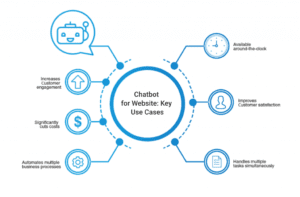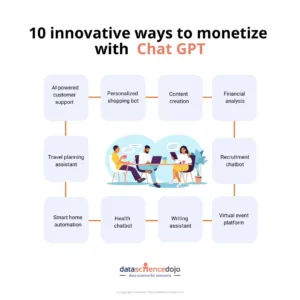Introduction
Starting a blog is an exciting venture that allows you to share your passions, expertise, and creativity with the world. In this step-by-step tutorial, we’ll guide you through the process of creating a successful blog that not only captivates your audience but also stands out in the vast online landscape.
Finding Your Niche (H2)
Choosing the right niche is the foundation of a successful blog. Dive into Your Passion (H3) – Identify topics you’re genuinely passionate about, ensuring a sustainable source of inspiration.
Research and Planning (H2)
Understanding Your Audience (H3) – Research your target audience to tailor your content to their needs. Competitor Analysis (H3) – Analyze successful blogs in your niche to identify gaps and opportunities.
Selecting the Right Platform (H2)
Choosing the right platform is crucial for your blog’s success. WordPress vs. Other Platforms (H3) – Explore the pros and cons of WordPress and other platforms. Customization Options (H3) – Evaluate the customization features of each platform.
Setting Up Your Blog (H2)
Domain and Hosting (H3) – Choose a memorable domain name and reliable hosting service. Installing WordPress (H3) – Follow a step-by-step guide on installing WordPress.
Design and Branding (H2)
A visually appealing blog attracts and retains readers. Choosing a Theme (H3) – Select a theme that aligns with your blog’s purpose. Creating a Brand Identity (H3) – Develop a consistent brand image through logos, colors, and fonts.
Content Creation Strategies (H2)
Keyword Research (H3) – Utilize keyword research to identify topics with high search volume. Creating Compelling Content (H3) – Craft engaging and informative posts with a mix of multimedia.
Building a Content Calendar (H2)
Organizing Your Schedule (H3) – Plan a content calendar to maintain consistency. Balancing Evergreen and Trending Content (H3) – Mix evergreen and trending topics for a well-rounded blog.
SEO Optimization (H2)
On-Page SEO (H3) – Optimize your content with relevant keywords and meta tags. Building Quality Backlinks (H3) – Develop a backlink strategy to improve your blog’s authority.
Engaging with Your Audience (H2)
Social Media Presence (H3) – Leverage social media platforms to connect with your audience. Encouraging Comments and Feedback (H3) – Foster a sense of community by encouraging reader interaction.
Monetization Strategies (H2)
Explore various ways to turn your passion into profit. Affiliate Marketing (H3) – Partner with brands related to your niche. Creating and Selling Products (H3) – Develop and sell your products or services.
Analyzing and Adjusting (H2)
Google Analytics (H3) – Use analytics to track your blog’s performance. Adjusting Your Strategy (H3) – Continuously refine your approach based on data and feedback.
Networking and Collaboration (H2)
Connecting with Other Bloggers (H3) – Build relationships with fellow bloggers for mutual support. Collaboration Opportunities (H3) – Explore collaborative projects to expand your reach.
Managing Your Time Effectively (H2)
Blogging requires time management skills for sustained success. Batching Your Tasks (H3) – Streamline your workflow by grouping similar tasks. Avoiding Burnout (H3) – Prioritize self-care to prevent burnout

Conclusion
Starting a successful blog is a rewarding journey that combines passion, strategy, and dedication. By following this step-by-step tutorial, you’ll not only launch your blog but also pave the way for long-term success in the blogosphere.
FAQs
- How long does it take to start a successful blog?
- The time varies, but expect to spend a few weeks setting up and refining your blog before launching.
- Do I need technical skills to start a blog?
- No, many blogging platforms, including WordPress, are user-friendly and don’t require extensive technical knowledge.
- Can I change my blog’s niche later on?
- While it’s possible, it’s advisable to choose a niche you’re passionate about from the start to maintain authenticity.
- What is the ideal blog post length for SEO?
- Aim for a balance. While there’s no fixed length, focus on providing valuable content. Typically, 1000-2000 words work well.
- How can I monetize my blog without ads?
- Explore affiliate marketing, sponsored content, selling products/services, and memberships as alternative monetization methods.









Add comment